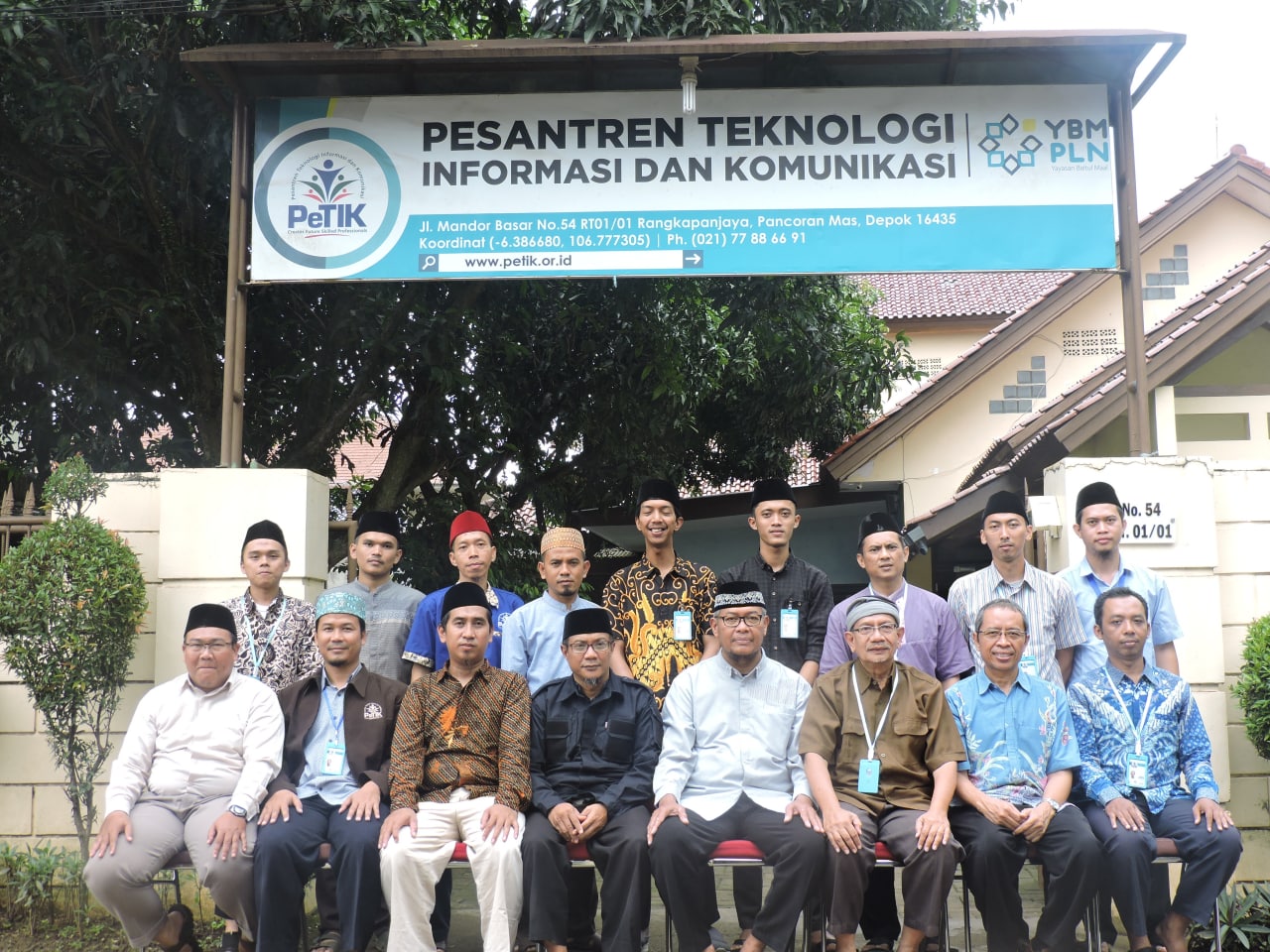New GeneXus agreement in Indonesia and the impact of technological acceleration
Our distributor in Indonesia, Berjaya Inovasi Global, has signed an academic agreement with the nonprofit Foundation Pesantren PeTIK, which focuses on providing IT education to young people.
Like the rest of the world, Indonesia's technology sector was impacted by the pandemic, and was one of the key industries that accelerated the economic growth and digital transformation of the country.
Most activities shifted to a virtual mode, which had a huge impact on business opportunities in all sectors. Berjaya Inovasi Global sees IT opportunities in 10 sectors: digital transportation and tourism, digital trade, digital financial services, digital media and entertainment, digital agriculture and fisheries, digital real estate and urbanism, digital education, digital health, industrial digitization, and government digitization.
In Indonesia, as in the rest of the world, the demand for IT professionals exceeds the supply and it is becoming increasingly difficult for companies to find these professionals. The Indonesian society has recognized that the lack of IT specialists is a bottleneck for the country's economic development; therefore, in this context, the agreement that the distributor Berjaya Inovasi Global has signed with the Pesantren PeTIk Foundation to train young people in IT takes on greater value and emerges as one possible solution to overcome the shortage of professionals.
The Foundation awards full scholarships to young people from disadvantaged backgrounds to provide them with IT training.

Mr. Gwan further states that “It is a challenge for us to introduce Low-Code in the Indonesian market, but with the pandemic, now many companies want to find a better way to speed up and reduce development time. So, this is also a great opportunity for Low-Code.”
Most activities shifted to a virtual mode, which had a huge impact on business opportunities in all sectors. Berjaya Inovasi Global sees IT opportunities in 10 sectors: digital transportation and tourism, digital trade, digital financial services, digital media and entertainment, digital agriculture and fisheries, digital real estate and urbanism, digital education, digital health, industrial digitization, and government digitization.
In Indonesia, as in the rest of the world, the demand for IT professionals exceeds the supply and it is becoming increasingly difficult for companies to find these professionals. The Indonesian society has recognized that the lack of IT specialists is a bottleneck for the country's economic development; therefore, in this context, the agreement that the distributor Berjaya Inovasi Global has signed with the Pesantren PeTIk Foundation to train young people in IT takes on greater value and emerges as one possible solution to overcome the shortage of professionals.
The Foundation awards full scholarships to young people from disadvantaged backgrounds to provide them with IT training.

Low-Code in Indonesia
For Mr. Tan Gwan An, CEO of Berjaya Inovasi, the Low-Code platform is still in the early stage of adoption in Indonesia, since many companies continue to use 'traditional' development technologies. “However, we’ve noticed that today some universities are also starting to adopt and introduce Low-Code in their curriculum.”Mr. Gwan further states that “It is a challenge for us to introduce Low-Code in the Indonesian market, but with the pandemic, now many companies want to find a better way to speed up and reduce development time. So, this is also a great opportunity for Low-Code.”